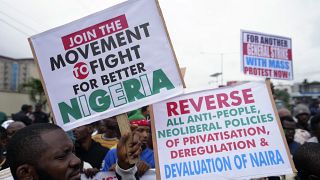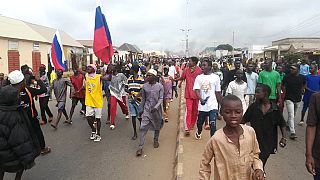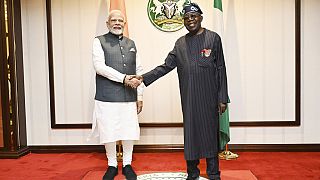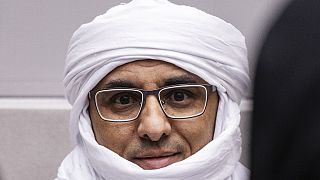Nigeria
Nigerians in Lagos took to the street on Monday to continue the economic harship protest despite President Tinubu’s plea for suspension of the demonstration.
The protests, tagged “days of rage”, are mainly against Nigeria’s worst cost-of-living crisis in a generation and accusations of misgovernment and corruption in Africa’s most populous country and a top oil producer where public officials’ huge earnings contrast high poverty and hunger levels.
The protesters have also been inspired by other young people in Kenya who held rallies last month to kick against a planned tax hike. Both protests have also featured grievances against governments accused of not meeting the expectations that catapulted them to power.
One of the protesters told the Associated Press says that “the question of dialogue has been raised,” but the government is forgeting that “these protest in itself is a dialogue with the mass of the working people.”
In his Presidential broadcast, Tinubu defended the audacious reforms that were supposed to save the government money and shore up dwindling foreign investments but whose immediate impact has caused hardship.
The reforms, including the suspension of decadeslong and costly gas subsidies and currency devaluations, have had a knock-on effect on the price of just about everything else because Nigerians believe they've been poorly implemented.











01:29
Political analyst says Donald Trump's win moves US to the right
01:05
Nigeria: Tinubu orders release of child protestors
01:26
Egypt's economic outlook: Growth expected amidst IMF reforms
Go to video
Nigeria's President reshuffles cabinet amid historic cost-of-living crisis
01:04
Nigeria's fuel price challenge: second increase in one month
01:40
Nigeria celebrates independence day amid protests over economic hardship